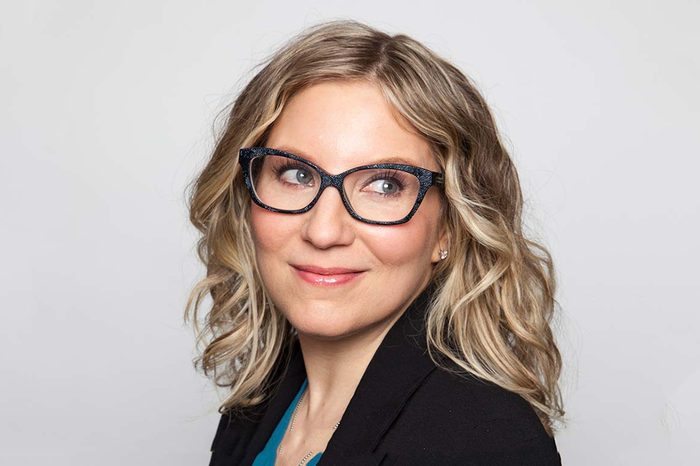
It started slowly
Hearing loss sneaked up on me gradually—I missed bits of conversations here and there, mostly in noisy restaurants, until suddenly I found myself smiling and nodding at punch lines I hadn’t heard and wishing I knew what the heck was going on. That was back in my thirties. A decade later, my family was fed up. “You need me to swab the deck?” “No, I need you to sign a check!” “You fogged up scrunch socks?” “No, I forgot a lunch box.”
I’m far from alone. There’s evidence that hearing loss is on the rise and is striking people at younger ages. “There’s a genetic susceptibility for some people,” explains Laurel A. Christensen, PhD, Chief Audiology Officer for GN Hearing, the maker of Resound Hearing Aids, which I’m now wearing, “but it’s being exacerbated by all the noise in modern life.”
Unfortunately, hearing loss comes with significant health risks. A 2019 study published in the journal Geriatrics & Gerontology International found that among seniors 65 and over, hearing loss can cause anxiety and withdrawal from activities and eventually lead to cognitive decline and dementia. There’s also a higher incidence of depression and even falling—because the auditory system and the balance system are connected, Dr. Christensen explains. That’s pretty scary, but there’s good news: People who wear hearing aids for age-related hearing problems have better brain function over time than those who don’t, according to a 2019 study presented at the Alzheimer’s Association International Conference in July.
Here’s what you need to know about the epidemic of hearing loss and how to help stave off the memory loss that often comes with it.
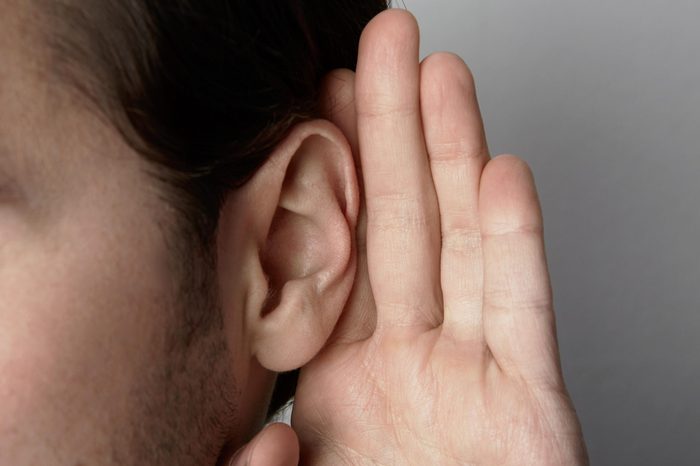
Hearing loss is on the rise
Forget the stereotype of the 80-year-old who asks you to speak up. The Centers for Disease Control and Prevention estimate that 40 million people ages 20 to 69 now have hearing damage due to casual noise exposure, starting decades earlier than the average first-time hearing aid user. What’s more alarming, hearing loss is now beginning as early as adolescence. “There are statistics that 1 in 5 teenagers has hearing loss, probably a 30 percent increase among teens since the 1990s,” Dr. Christensen says. A 2017 study in the journal Pediatrics puts the number closer to 15 percent but emphasizes that it’s a significant cause for concern.
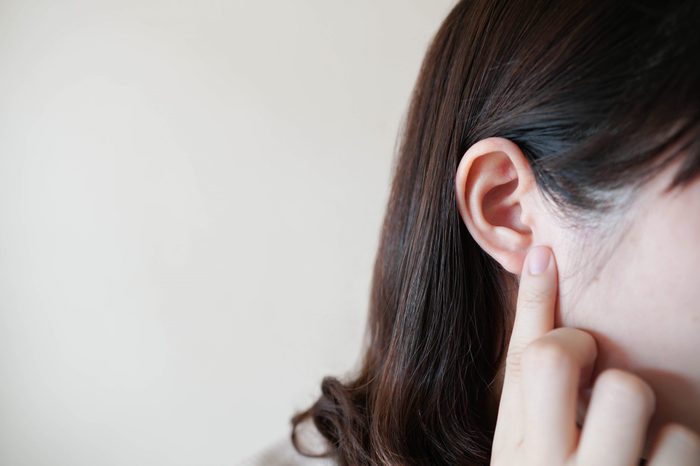
What’s behind the hearing loss epidemic
There are many surprising causes of hearing loss. Hearing loss can be genetic, or it can come from a ruptured eardrum, complications from an ear infection, growth of a bone or tumour, or a buildup of earwax, according to the Mayo Clinic. But it’s earbuds and loud concerts that likely account for the increase in the number of young people exposed to loud sounds, according to the CDC. And unlike the early Sony Walkman, today’s high-fidelity earbuds pump more sound into ears and inflict more damage, according to Dr. Christensen. On top of that, ambient noise from subways, buses, highways, leaf blowers, and construction prompt people to crank the volume. “Noise in the environment is getting louder, and people are turning up to mask it,” she says. “The combination exacerbates problems for everyone.”
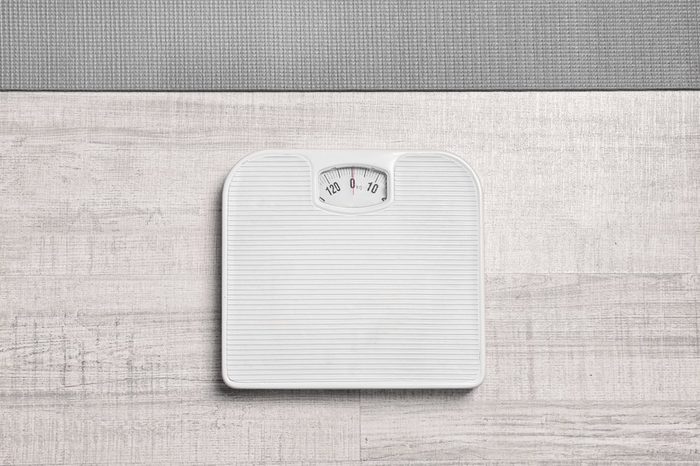
Obesity may increase hearing loss
You probably already know about the rise in obesity, but you may not realize that it’s been linked to hearing loss. A 2018 study from Columbia University, published in the journal Otology & Neurotology, found hearing loss in 15 percent of obese adolescents vs. 8 percent in their non-obese counterparts. What’s the connection? A lot of people who are overweight or obese have diabetes or prediabetes, and according to the American Diabetes Association (ADA), hearing loss is twice as common in people with diabetes and 30 percent more common among people with prediabetes. (Just been diagnosed with diabetes? Find out what you need to do next.) ADA experts believe it’s possible that high blood sugar may damage the small blood vessels in the inner ear just as diabetes damages eyes and kidneys.
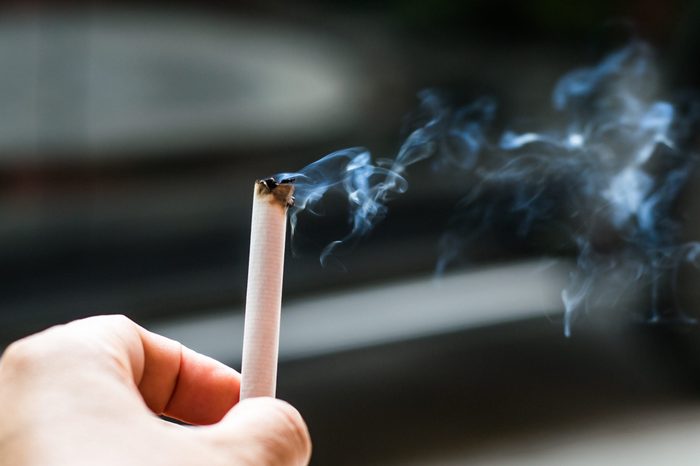
Secondhand smoke may play a role in hearing loss
It’s well established that smoking damages hearing, but even second-hand smoke can harm. An NYU School of Medicine study published in the Archives of Otolaryngology—Head & Neck Surgery found that exposure to tobacco smoke nearly doubles the risk of hearing loss among adolescents. Even four-month-olds exposed to second-hand smoke had a 30 percent increased relative risk of hearing impairment in a 2018 study published in Paediatric and Perinatal Epidemiology. The jury is still out on the impact of vaping, but nicotine is known to tighten blood vessels—including the ones in your ears, and anecdotal reports of tinnitus and hearing issues have begun to surface, urging caution.
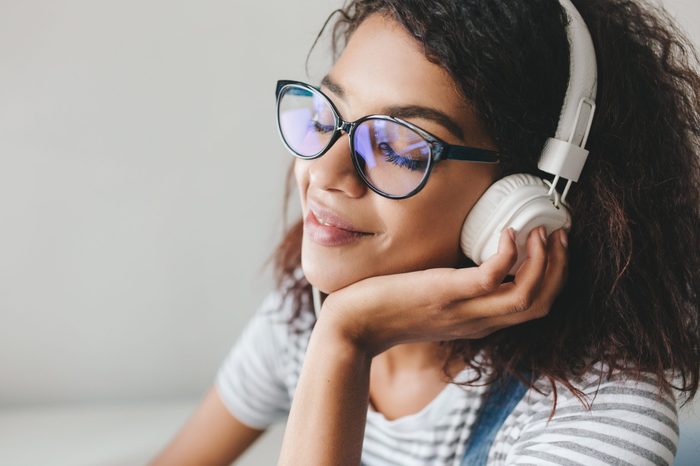
Why you may not notice hearing loss
Without a hearing test, you might not notice mild to moderate loss at first. “If you look at an audiogram, which graphs how you hear at different frequencies, like low or high notes on a piano, most people lose in the high frequencies first,” explains Dr. Christensen. “It affects consonant sounds like s, sh, th—you start to lose those sounds before you lose vowel sounds, so you know people are talking, it’s just not clear what they’re saying.” In fact, a CDC survey found that about one in four American adults who say their hearing is good or excellent actually have hearing damage. “You could be doing just fine in quiet; it’s bringing it outside where there’s some wind or in an environment with a lot of ambient noise that you’re going to have a problem.”
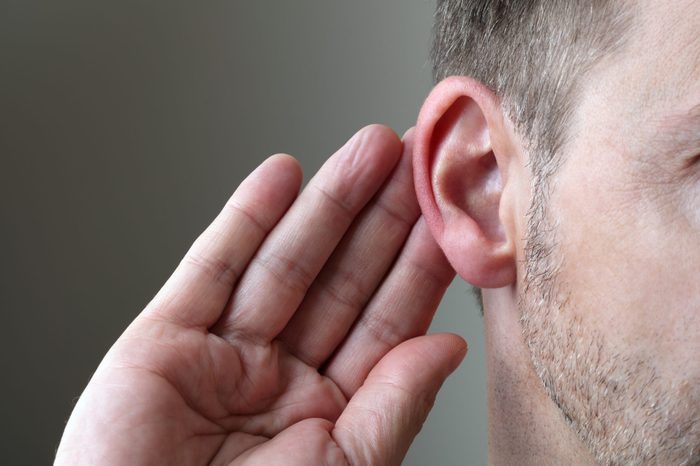
Signs of hearing loss
Significant trouble hearing in restaurants, even in lower levels of noise, is a sure sign, according to Dr. Christensen. You might also find yourself frequently asking people to repeat themselves, have difficulty hearing conversations in a crowd, believe that everyone is mumbling, and habitually crank up the TV or music. “Any indication you’re not hearing is a good reason to see an audiologist and try amplification aids,” Dr. Christensen says.
Find a licensed audiologist for a screening—the Canadian Academy of Audiology website lets you search by province, city, last name, or keyword. If there are no audiologists in your area, try the free three-minute online hearing test at ReSound.com. And while you’re searching for an audiologist, read up on the health conversations you need to have ASAP.
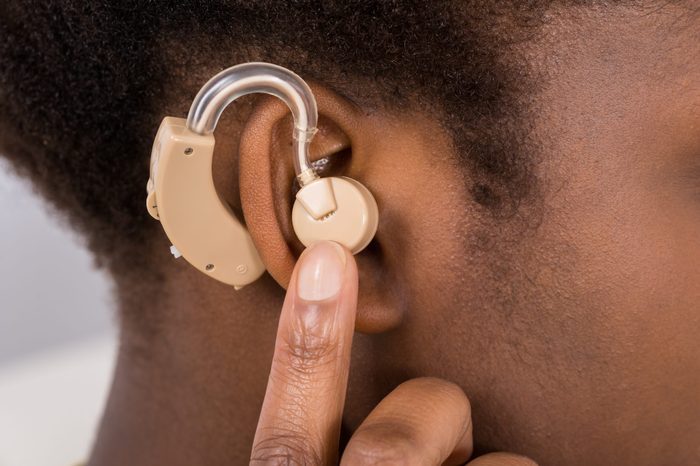
How hearing aids work
Older hearing aids turned up the volume across the board, but newer hearing aids give you a boost only in the frequencies in which you have hearing loss. Here’s how they work: The microphone picks up sounds from the environment and turns them into a digital signal that is sent to an amplifier. The amplifier increases the volume of the sound and sends it to the speaker/receiver. The receiver turns the digital signal back into acoustic sound and delivers it directly into your ear canal. Power comes from either a disposable or a rechargeable battery inside the hearing aid. Hearing aids can have parts worn behind the ear that direct sound into the ear via a thin wire, or sit completely in the ear. I got ReSound LiNX Quattro, which sits behind the ear, and allows me to hear waiters reciting the specials and my teenagers mumbling with the highest fidelity available.
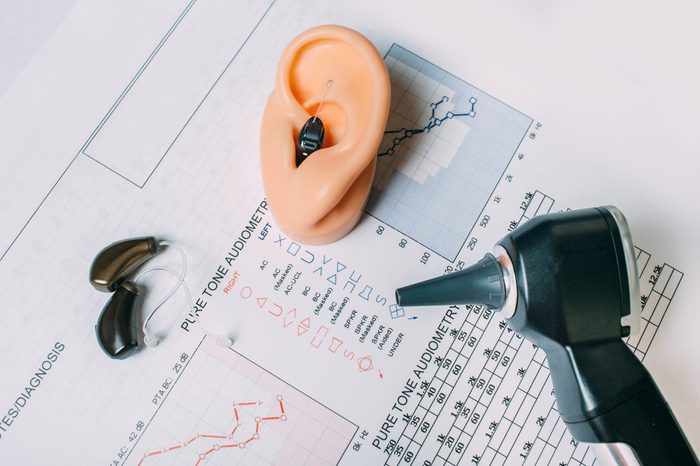
Secret powers of hearing aids
Yes, I hear better, but get this: I can direct phone calls and videos and stream music from wireless accessories like my iPhone, iPad, and Apple watch right into my hearing aids—so they’re also headphones! There’s an app on my phone that allows me to control the volume, increase noise reduction and wind noise, change the directional microphones (to either straight in front or all around) and do cool things like crank up the bass sounds. The hearing aids also work for 30 hours on just three hours of charging.
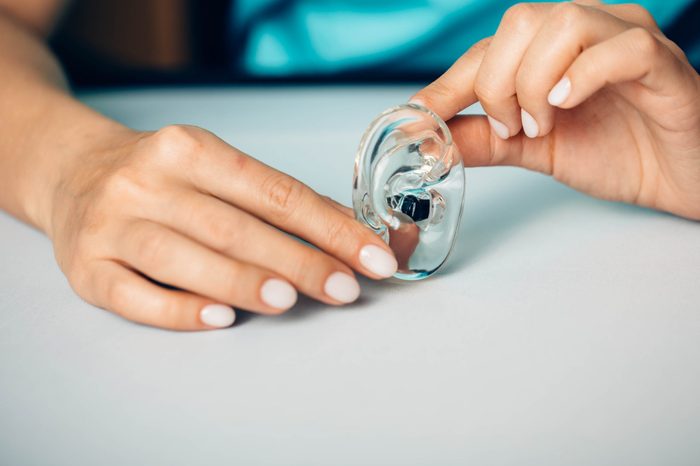
What hearing aids cost
For the most part, insurance doesn’t cover hearing aids, but Dr. Christensen thinks that will change as the impact of hearing loss on dementia and falling become more clear. In the meantime, costs vary from about $1,200 to $1,500 per hearing aid at Costco to up to $3,000 per hearing aid in other places. “Costco is a good place to buy hearing aids but the level of service isn’t close to what you’ll get with an audiologist in independent practice who will go out of the way to make sure everything is right,” Dr. Christensen says. If that’s way out of your budget and you have only mild to moderate hearing loss, consider over-the-counter hearing aids. They cost around $500 to $800 each and are a bit like reading glasses from the drug store. “I encourage people to seek help for hearing loss at any age,” Dr. Christensen says. “You want to hear what’s around you and be engaged in life.”
Next, learn the proper steps to make sure you get the best medical care.
